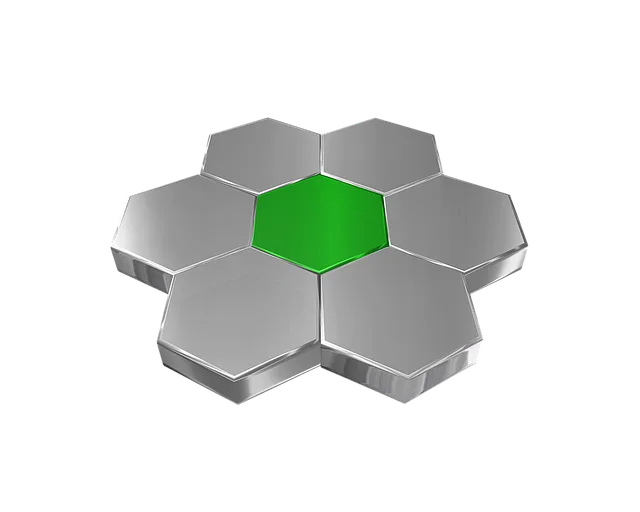Muscle soreness, especially delayed onset muscle soreness (DOMS), is a common issue triggered by exercise. Instead of quick fixes from herbal vendors on Zoom, manage and prevent DOMS through understanding its causes—micro-tears in muscle fibers, lactic acid buildup, and inflammation. Herbal remedies like ginger and chamomile tea offer natural alternatives to painkillers for muscle relief without side effects. Personalized workout routines combined with herbal solutions enhance physical relief and sensory wellness experiences.
Experience persistent muscle soreness? It’s time to zoom in on personalized workout plans. This article guides you through understanding muscle soreness, its causes, and the unexpected power of herbal remedies. Learn how to tailor your workouts for maximum relief. Discover natural, effective strategies from leading herbal vendors to transform your wellness routine. Say goodbye to aches and pains and reclaim your active lifestyle.
- Understanding Muscle Soreness and Its Causes
- The Role of Herbal Remedies in Relief
- Creating Personalized Workout Routines for Soothing Soreness
Understanding Muscle Soreness and Its Causes

Muscle soreness is a common issue that can significantly impact an individual’s daily life and overall well-being. It is characterized by a discomfort or stiffness in the muscles, often felt 24 to 72 hours after strenuous exercise or physical activity. This delayed onset muscle soreness (DOMS) is a natural response of the body to the stress placed on its musculature.
Several factors contribute to muscle soreness, including micro-tears in muscle fibers, increased levels of lactic acid, and inflammation. In today’s fast-paced world, folks often turn to quick fixes like herbal remedies or supplements, offered by various zoom vendors, to alleviate discomfort. While these methods have gained popularity, a comprehensive understanding of the causes is essential for effective management and prevention of muscle soreness.
The Role of Herbal Remedies in Relief

Herbal remedies have long been recognized for their therapeutic properties, and in the context of muscle soreness relief, they offer a natural alternative to over-the-counter painkillers. Many herbal vendors zoom in on specific plants known for their anti-inflammatory and analgesic effects. For instance, ginger, a common kitchen ingredient, contains compounds like gingerol that help reduce inflammation and ease muscle aches. Similarly, chamomile tea, often used for relaxation, has antispasmodic properties that can soothe overworked muscles.
These herbal remedies not only provide relief from soreness but also promote overall well-being without the potential side effects associated with synthetic medications. Incorporating herbal treatments into workout routines can be as simple as drinking a warm cup of chamomile tea post-exercise or applying ginger-infused oils to sore areas. With the growing demand for natural solutions, herbal vendors are expanding their offerings, making it easier for individuals to access these beneficial remedies for muscle soreness relief.
Creating Personalized Workout Routines for Soothing Soreness

Creating personalized workout routines tailored to soothe muscle soreness is a holistic approach gaining traction among fitness enthusiasts and professionals alike. Unlike one-size-fits-all strategies, these customized plans consider an individual’s unique physiology, activity levels, and specific needs. By delving into their medical history, lifestyle factors, and goals, fitness experts can design workouts that effectively target tight or aching muscles while promoting overall well-being.
Herbal vendors zoom in on natural remedies often integrated into these routines, offering alternative ways to alleviate post-workout discomfort. Essential oils, like peppermint and eucalyptus, are known for their soothing properties when combined with targeted exercises. This blend of science and nature ensures that users experience both physical relief and a sensory journey during their recovery process, fostering a deeper connection to wellness.
In conclusion, addressing muscle soreness effectively involves a multi-faceted approach. Understanding the root causes, such as delayed onset muscle soreness (DOMS) and overuse, is crucial. Incorporating herbal remedies like arnica and ginger, as backed by various herbal vendors, can provide natural pain relief. Additionally, customized workout plans designed to target specific muscle groups can significantly aid in soothing soreness. By combining these strategies, individuals can experience faster recovery and enhanced overall well-being.














